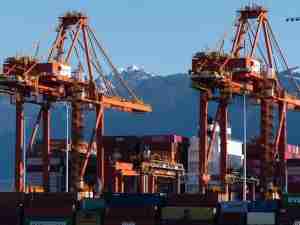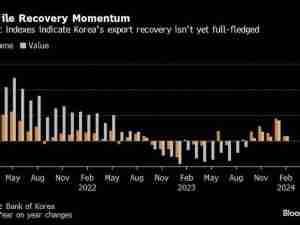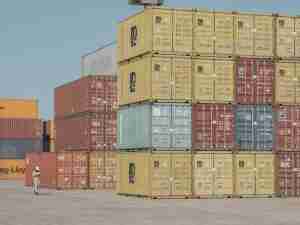The International Finance Corporation plans to ramp up its new investments in Africa to $10 billion annually in support of businesses that it sees helping to drive economic recovery and growth on the continent.
The member of the World Bank Group plans to add about $1 billion to the amount it invests every year until it hits the target, according to Managing Director Makhtar Diop. It invested and mobilized $6.4 billion in Africa in the 12 months through June.
While government spending has helped African nations to cope with the coronavirus pandemic, weather-related disasters and conflict, the number of people in absolute poverty remains high. The IFC, venture capitalists and private equity firms are expanding or starting investments in Africa to create jobs and help boost household incomes.
“Investments in the private sector is an important factor to stabilize countries, revitalize the economy and contribute to reducing fragility,” Diop said in an interview in the Kenyan capital, Nairobi. “For all crises, you have an opportunity. This Covid-19 crisis has opened an opportunity to strengthen regional integration in Africa.”
Part of the funds will go to fragile and low-income nations to finance businesses in health, farming, affordable housing as well as the creative industry. The IFC will also increase its investment in trade finance and in startups in sectors, including financial technology and energy, Diop said.
Countries such as Liberia, Sierra Leone and Mali that have suffered crises, including conflict, can use the lender’s de-risking facility to woo investors, Diop said. IFC’s trade facility will focus on increasing business among nations under the Africa Continental Free Trade Area.
The IFC is also looking to support the development of vaccine plants, with Ghana likely to join South Africa, Rwanda and Senegal in expanding or beginning to set up hubs.
The target is not only to raise funds for Covid-19 vaccine plants, but to also produce for other diseases such as Malaria, Diop said. The pandemic “is an opportunity to build a much more resilient value chain in Africa,” he said.






